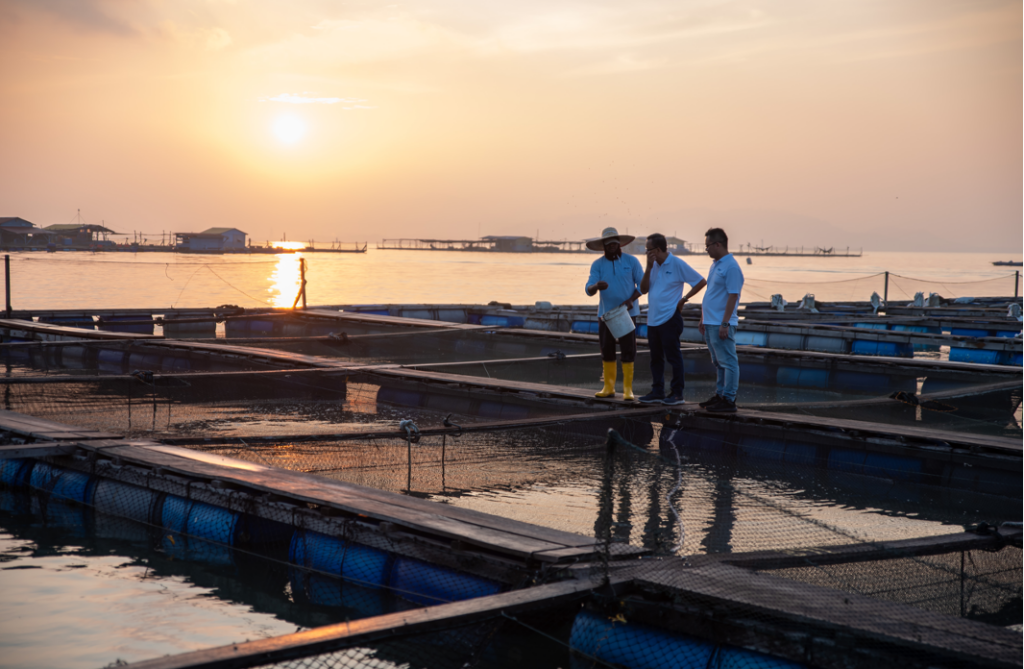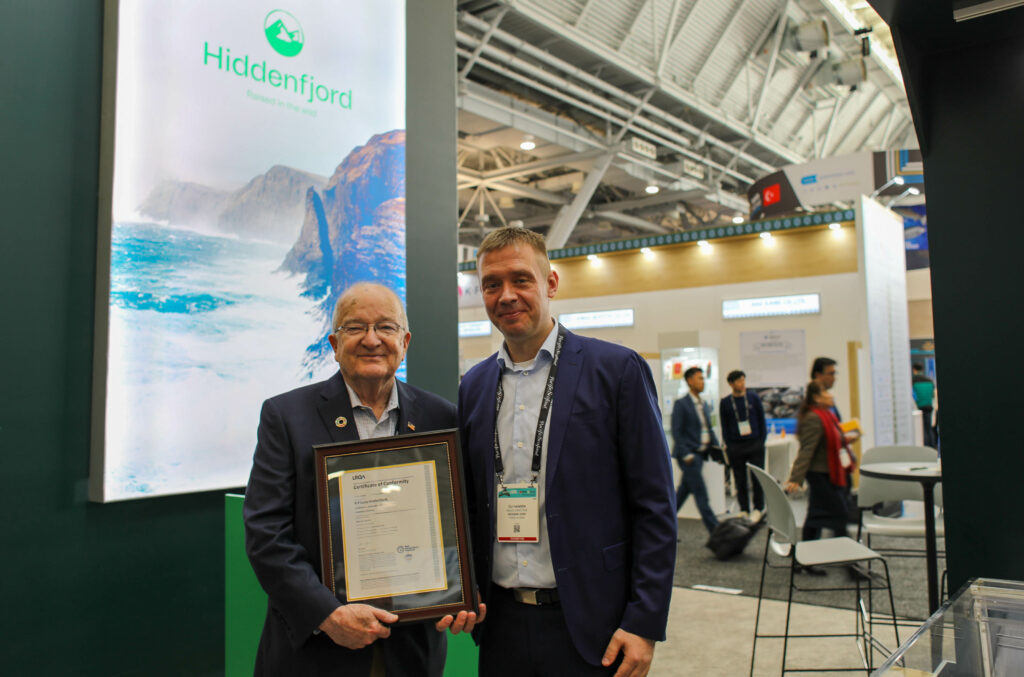SONGA Sets Out To Achieve Four-Star BAP Certification
Sociedad Nacional de Galapagos (SONGA), one of Ecuador’s largest and most important shrimp exporters, is en route to achieve four-star Best Aquaculture Practices (BAP) certification.
The initial phase of SONGA’s BAP certification includes a total of five facilities located in Guayaquil. SONGA’s state-of-the-art processing facility, two farms (Lebama Farm, and Naturisa S.A. Farm) and two hatcheries (Criesbio Hatchery and Larviquest Hatchery) are listed in iBAP. After transitioning to BAP certification, SONGA will achieve four-star status, the maximum level of BAP certification.
“SONGA exports the largest volume of shrimp from Ecuador directly to China. Maintaining its product identity in the supply chain, SONGA is looking to position itself in the top of the highly demanding Chinese market. As issues like food safety become more visible, third-party aquaculture certification program like BAP add value to SONGA’s products in the global seafood marketplace,” said Marcos Moya, manager of BAP supply development for the Global Aquaculture Alliance (GAA).
Launched in early 2015, the iBAP program is designed to provide assistance and encouragement to aquaculture facilities interested in pursuing BAP certification. Facilities that enroll in iBAP agree to a step-by-step, deadline-driven improvement plan. iBAP incentivizes facilities to make the improvements necessary to apply for BAP certification.
“Programs like iBAP are perfect for the Chinese market, which is just starting to see the need for internationally recognized third-party standards that focus on the key issues that matter to the Chinese like food safety. As a result, we are seeing rapid growth in demand for third-party certified products in China through e-commerce platforms. These platforms are unique in the fact that they allow suppliers to maintain product identity all the way to the consumer,” added Steve Hart, vice president of education and outreach for GAA.
Currently, nearly 80 processing plants, farms, hatcheries and feed mills from 10 countries worldwide are enrolled in the iBAP program. They represent four species (shrimp, tilapia, striped bass and crawfish) as well as aquaculture feed. So far, more than 60 aquaculture facilities have graduated from iBAP.




